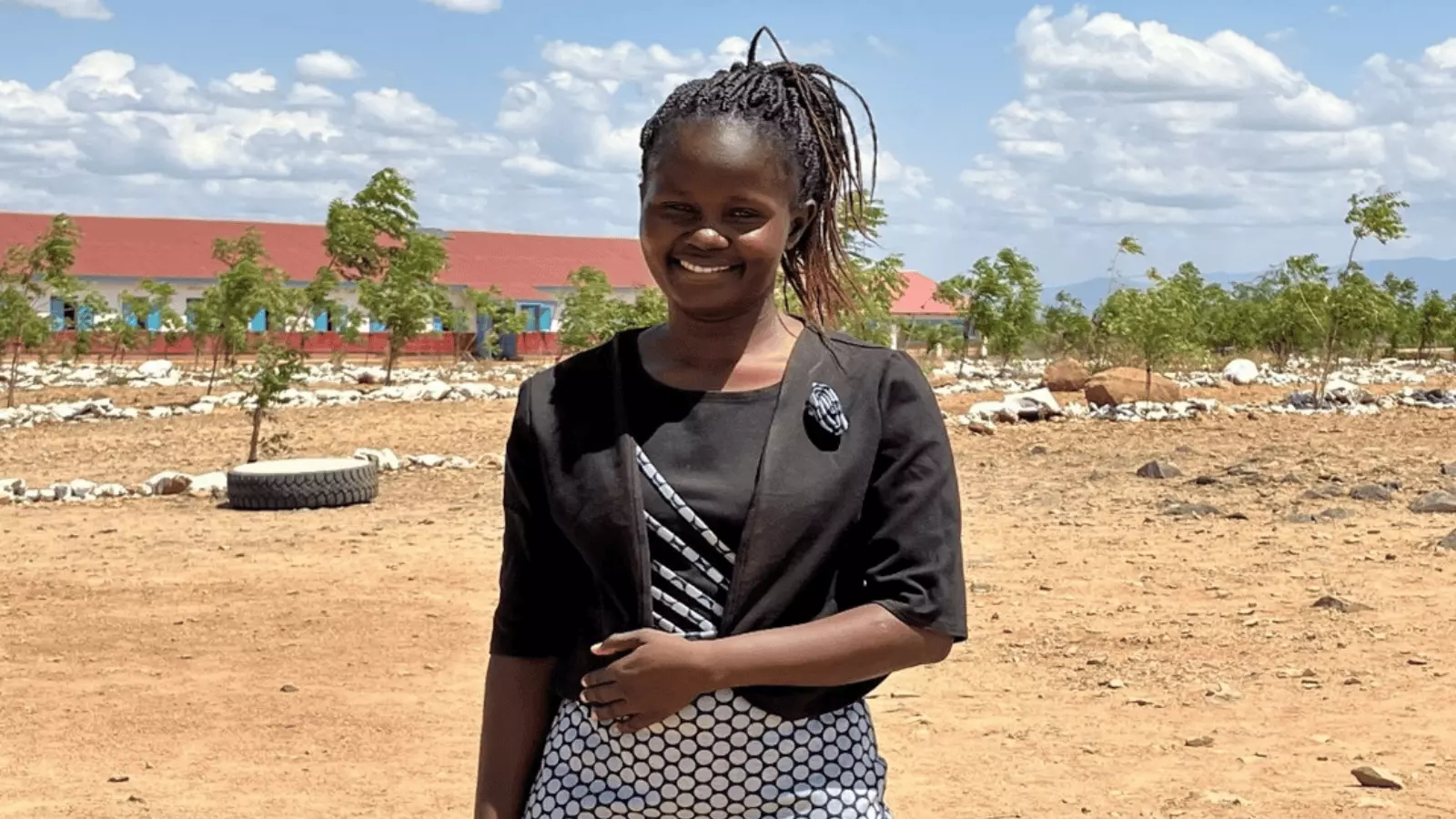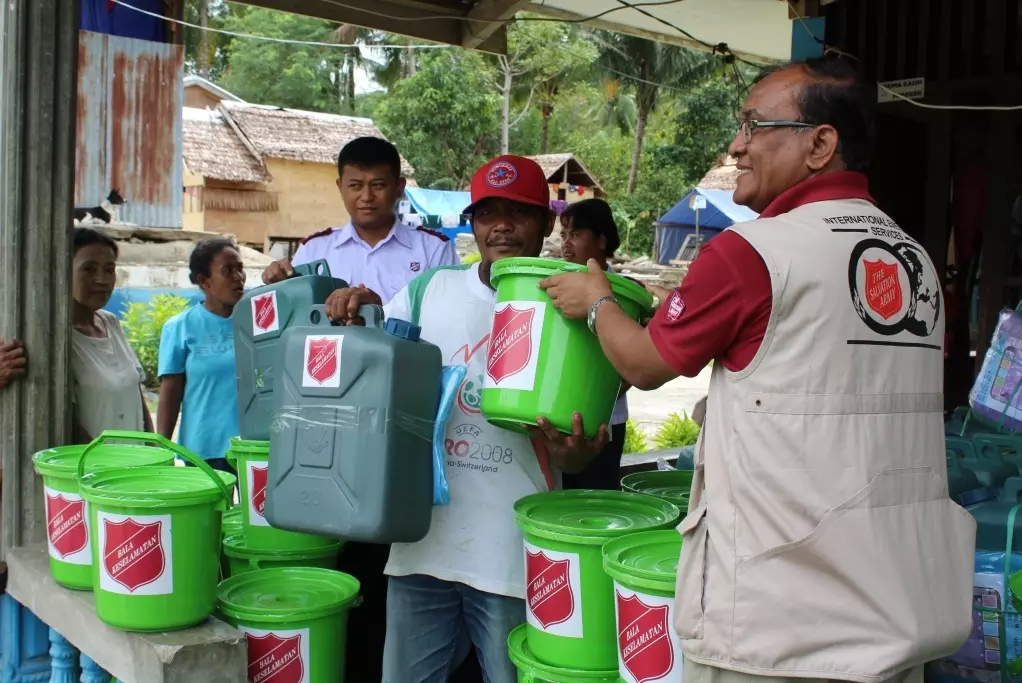What We Do
International Development UK
The Salvation Army International Development UK works alongside communities around the world to defeat poverty and injustice.
Our international work is divided into five themes: Anti-Trafficking, Clean Water, Emergency Response, Food Security, and Women and Girls.
Areas of Work

Anti-Trafficking
Working through prevention, protection and partnership to tackle human trafficking and support survivors.

Clean Water
Working alongside communities to improve access to clean water and improved sanitation.

Emergency Response
Responding to disasters and emergency situations to provide immediate support and relief.

Food Security
Working alongside communities to overcome food insecurity

Women and Girls
Working with women to pursue gender justice and address inequality.
News and Stories
Kaeris Girls' School
In the heart of the arid expanse of Turkana North in northern Kenya, stands a hidden gem that serves as a beacon of hope for the surrounding community. Kaeris Girls' Secondary School is the sole secondary boarding school catering to the needs of Turkana girls within the district.
In an environment where girls’ education often takes a back seat - a staggering 94% of girls fail to transition to or complete secondary education - this school is a haven of change. Against a cultural backdrop that once promoted early marriages and dowry exchanges, the rising aspirations of girls are now challenging these traditions.
Supported by The Salvation Army Kenya West Territory, the school offers over 680 girls the transformative power of education and continues to improve the essential water and sanitation facilities to ensure an uninterrupted learning experience.
Deputy Principal Ms Joy Ebaraza highlights the impact of water provision at the school. She said:
'In the past we had to cut off the afternoon lessons so that girls can go outside the school in search of water. This was both time consuming, as they had to queue at the water point, and it was also unsafe for our girls. This problem has now been solved and the girls can now concentrate fully on their studies. We have seen the school education performance increase in the last two years. For the first time, over 70 girls qualified to join university education. This had never happened in the past.'

The school has sanitary facilities provided to cater for the unique needs of girls. Ms Ebaraza said, ‘[Providing] sanitary pads and hygiene training has boosted the confidence and self-esteem of the girls. Most girls and their families cannot afford to purchase sanitary pads.’ With this new knowledge and practical support, girls can now practise menstruation management with dignity and confidence, and fear and shame is diffused.
In addition to improving access to clean water, The Salvation Army has also partnered with the local Ministry of Forest and wider community, to support the school in a tree-planting initiative. Carefully selecting native tree species, they have brought life to Kaeris Secondary School and its surrounding communities. A thriving forest of over 1000 tree seedlings now grace the school’s grounds. Each student and teacher tend to their own cluster of trees, nurturing one tree at a time. With this knowledge, girls return to their homes as agents of change, enlightening their families about the significance of tree planting.
In Turkana’s arid landscape, where the hot climate can become extreme, trees are needed to provide shade and firewood, and to help conserve the environment. Trees create microclimates by providing shade, reducing surface temperatures, and increasing humidity and could therefore support better living conditions for both humans and livestock.
The tree planting project in Kaeris school continue to raise awareness about the importance of combating climate change and protecting the environment. It also provides education to the local communities about the benefits of trees and environmental conservation ultimately leading to more sustainable practices.
The Salvation Army in Kenya West is continuing to work alongside the school and surrounding communities to bring transformation to Turkana.


